Only when each school is truly empowered, its teaching staff is comprehensively developed and fairly evaluated, can higher education develop sustainably and integrate internationally.
Real empowerment of schools
At the seminar "University governance and sustainable universities", Associate Professor Dr. Bui Quang Hung - Vice President of Ho Chi Minh City University of Economics , an expert in the field of university governance, emphasized that the goal of sustainable university development is a popular trend in the world, helping to promote multidisciplinary research and training capacity, thereby connecting with the community through multilateral projects to solve global problems.
Sharing his views and experiences in innovating the governance model from university to university and sustainable development, Associate Professor Dr. Bui Quang Hung outlined 5 main pillars: Training global citizens - sustainable action; research for the benefit of the community; Governance prioritizing sustainable development; operating from green campus to carbon neutral; community - leaders of change and inspiration of art.
In particular, he is particularly interested in issues such as: Restructuring according to the three-level multidisciplinary university model; building university culture; management and evaluation according to OKR; positioning university products; taking care of learners; marketing - communication and digital transformation.
According to Dr. Kieu Xuan Thuc - Rector of Hanoi University of Industry, the world context is changing rapidly with many opportunities and challenges intertwined, requiring universities to be pioneers in innovation for sustainable development. Universities need practical solutions, build criteria, pillars and connect interdisciplinary and multidisciplinary knowledge, contributing to solving the challenges of the new era.
Hanoi University of Industry has been investing heavily, developing resources, innovating and making breakthroughs, implementing the development strategy to become a multi-purpose applied science research university.
“The school is at the forefront of digital transformation trends, smart governance, has domestic and international influence, in line with the educational philosophy: Comprehensive education, for sustainable development and integration”, Dr. Kieu Xuan Thuc shared.
More than 6 years after restructuring, Phenikaa University (Hanoi) has become a multi-disciplinary, multi-field, experience-oriented educational institution, focusing on training, research and innovation. The Principal, Prof. Dr. Pham Thanh Huy, said that the school has invested heavily in modern facilities, innovated training programs with 102 majors and programs, serving more than 25,000 students, and attracted nearly 400 PhDs and more than 100 professors and associate professors.
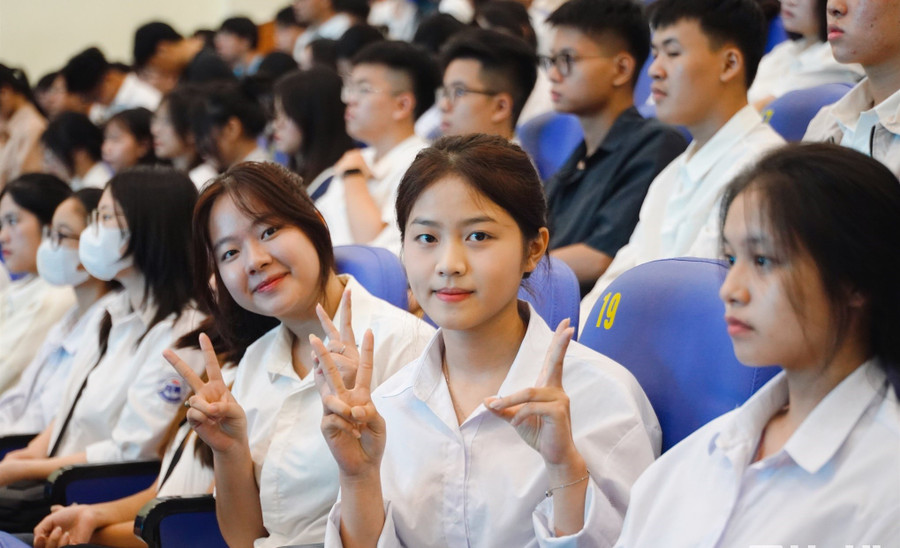
The key to raising the status of Vietnamese higher education
The teaching staff is always considered a “strategic asset” of the school. However, Mr. Vu Minh Duc - Director of the Department of Teachers and Educational Managers (Ministry of Education and Training), said that the current remuneration regime is not attractive enough to retain talented people or attract prestigious scientists at home and abroad.
Currently, lecturers receive a 25-45% professional allowance depending on the subject, along with a seniority allowance of 5% or more after 5 years of work. However, this income level is still not commensurate with the workload and high professional requirements.
Current scientific research policies affirm that research is a mandatory task, and at the same time open up many funds and funding programs from the grassroots to the national level. Some schools have reward mechanisms for lecturers with international publications or support for attending conferences. However, the major difficulties still lie in limited financial resources, low research funding and complicated administrative procedures.
Working conditions for lecturers have improved significantly in recent years as many schools have invested in laboratories, research labs, and public housing, especially for young lecturers. However, the promotion and appointment mechanism is still cumbersome, inflexible, and not closely linked to quality, making it difficult to create long-term development motivation.
To meet the development requirements in the context of integration and digital transformation, Mr. Vu Minh Duc emphasized that policies for university lecturers need to continue to be strongly innovated. First of all, it is necessary to overcome shortcomings in working regime, salary, and benefits; at the same time, create favorable conditions for lecturers to develop their careers and improve their professional capacity.
On the one hand, it is necessary to increase investment and support postgraduate training, expand research opportunities, create a fund for substantial science and technology development, and reduce administrative procedures. On the other hand, policies must encourage and attract domestic and foreign talents with flexible remuneration mechanisms, commensurate with capacity and contribution.
From another perspective, Dr. Truong Tien Tung - former Principal of Hanoi Open University, believes that lecturers themselves also need to innovate, self-study, self-train and research to develop themselves and improve teaching quality. The 4.0 industrial revolution requires each lecturer to change the way of teaching and learning, constantly update new knowledge, apply technology and modern pedagogical methods.
According to Dr. Truong Tien Tung, a good teacher is someone who dares to face new things, inspires and arouses the spirit of learning in students. Innovation in university management also depends a lot on the team of teachers - those who directly contribute to building a sustainable education system.
“Retaining and attracting talent is the key factor determining the quality of Vietnamese higher education. Only when lecturers are treated fairly and have a favorable working environment, will they truly devote themselves to teaching and research, thereby contributing to improving the quality and status of our country’s higher education” - Mr. Vu Minh Duc, Director of the Department of Teachers and Educational Managers.
Source: https://giaoducthoidai.vn/cai-cach-quan-tri-nang-cao-chat-luong-giang-vien-dot-pha-de-giao-duc-dai-hoc-but-pha-post752476.html







![[Photo] National Assembly Chairman Tran Thanh Man receives First Vice Chairman of the Federation Council of the Federal Assembly of the Russian Federation](/_next/image?url=https%3A%2F%2Fvphoto.vietnam.vn%2Fthumb%2F1200x675%2Fvietnam%2Fresource%2FIMAGE%2F2025%2F12%2F02%2F1764648408509_ndo_br_bnd-8452-jpg.webp&w=3840&q=75)

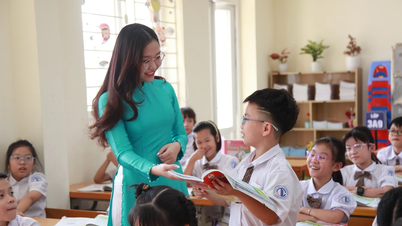
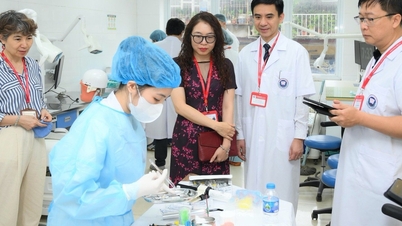

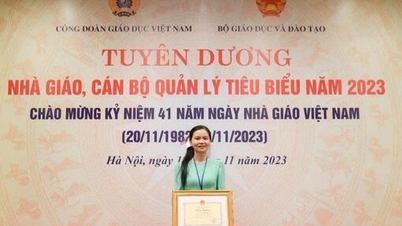

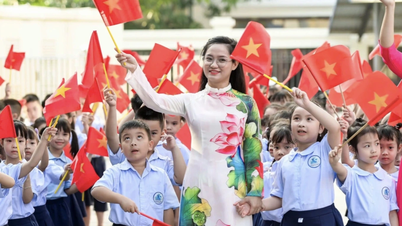

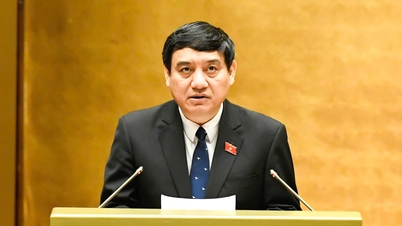

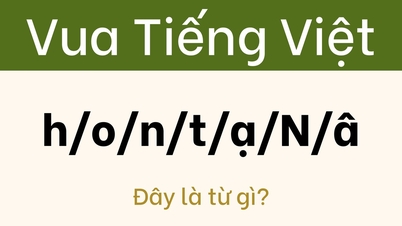

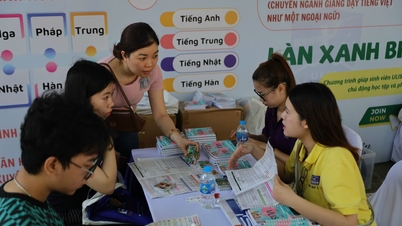

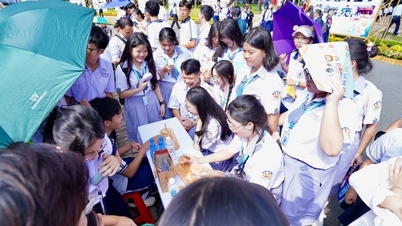


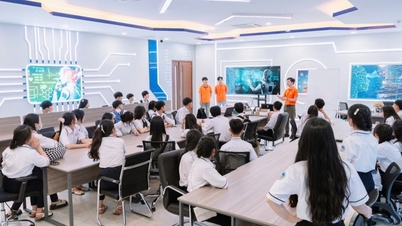






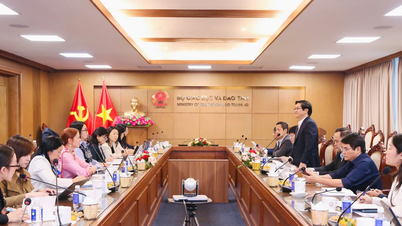
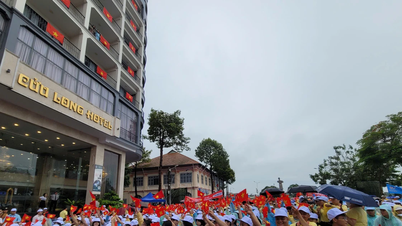
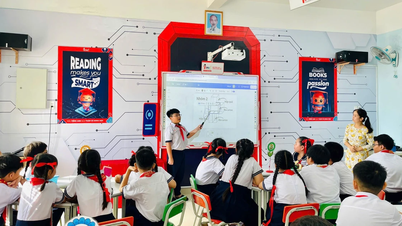
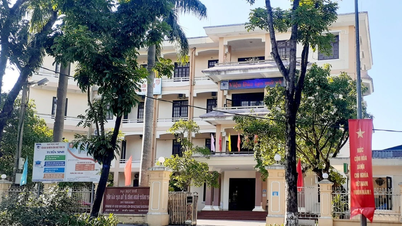
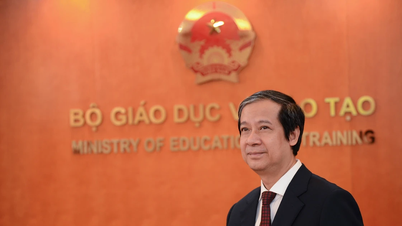







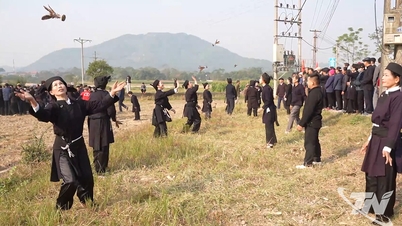








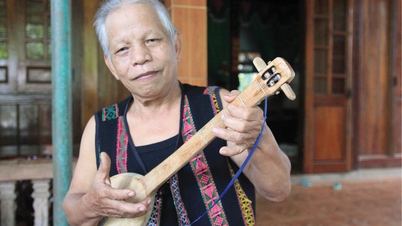

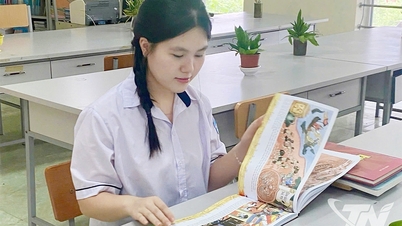
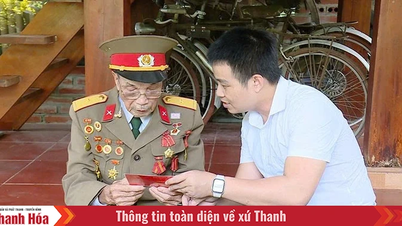









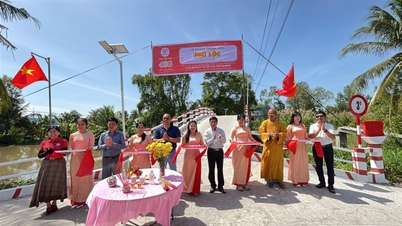









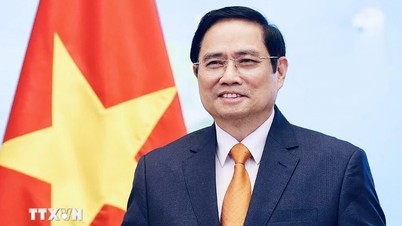

![[Photo] General Secretary To Lam and his wife attend the 50th Anniversary of Laos National Day](https://vphoto.vietnam.vn/thumb/402x226/vietnam/resource/IMAGE/2025/12/02/1764644139308_1.jpeg)

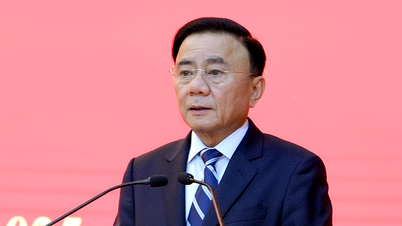



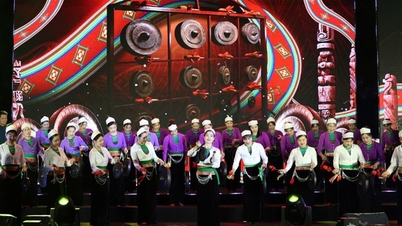

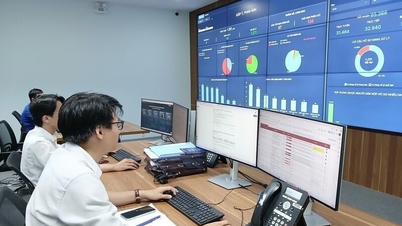
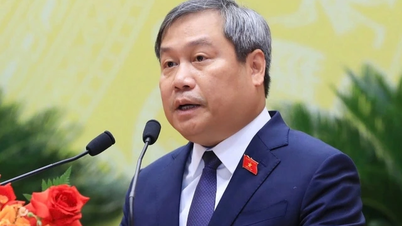
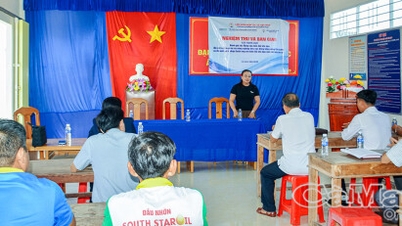

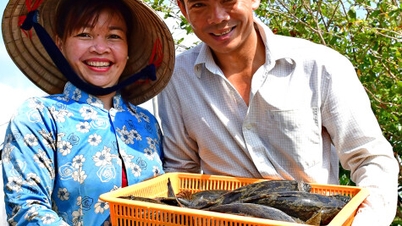
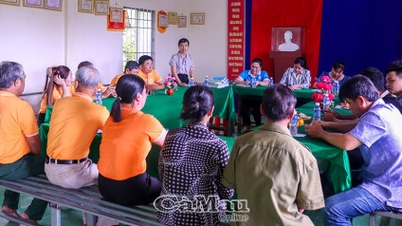

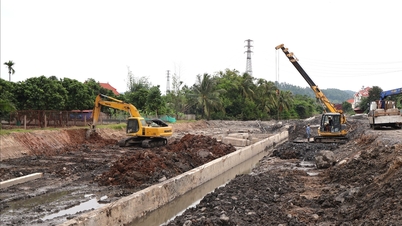

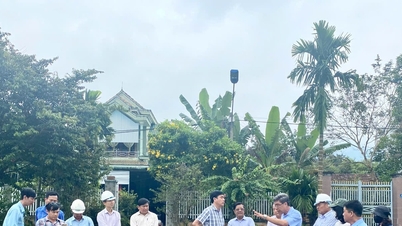













Comment (0)